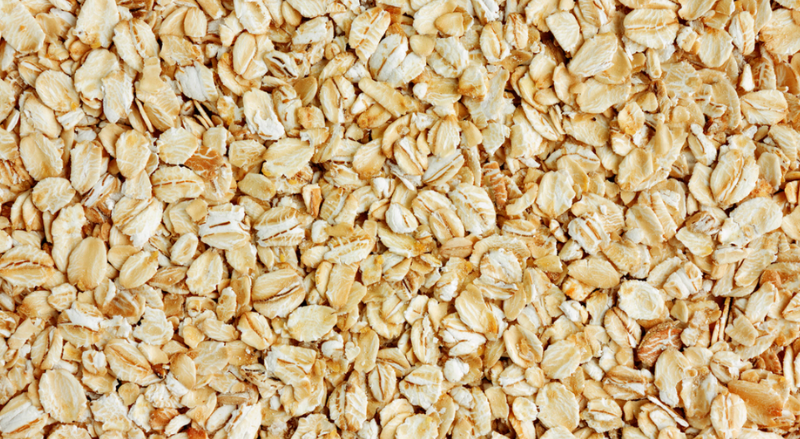These mistakes make oatmeal unhealthy.
Others are reading now
Oatmeal is widely considered a healthy breakfast option, rich in fiber, complex carbohydrates, protein, and minerals such as magnesium, phosphorus, iron, and zinc.
However, certain preparation mistakes can turn this nutritious meal into a calorie bomb.
According to an article by CHIP, the main reasons oatmeal can become unhealthy include the use of ready-made products, oversized portions, high-calorie toppings, and a lack of protein.
Common Pitfalls
Ready-Made Products: One of the biggest mistakes is opting for ready-made oatmeal products, which often contain added sugars and preservatives. These additives not only reduce the health benefits but also negatively impact satiety, making you feel hungry sooner.
Also read
Portion Size: Overestimating portion sizes is another common error. A serving of 40 to 50 grams of oatmeal is usually enough. Larger portions can lead to excessive calorie intake and an uncomfortable feeling of fullness.
High-Calorie Toppings: While toppings can improve the flavor and nutritional value of oatmeal, it’s easy to go overboard. Fresh fruits like apple slices or berries are excellent choices, providing vitamins and fiber without adding many calories. However, dried fruits and nuts should be used sparingly. More than a handful of nuts or a few pieces of dried fruit can significantly increase the calorie content.
Healthy Additions
Adding Protein: Incorporating protein into your oatmeal can help keep you full longer and prevent cravings. Adding a spoonful of nut butter, a scoop of protein powder, or some Greek yogurt can make a substantial difference.
Liquid Base: Preparing oatmeal with water instead of milk can save calories, but it may not keep you full as long. Using milk or plant-based alternatives like oat, coconut, or almond milk can also provide extra nutrients to the meal and keep you full for longer.








